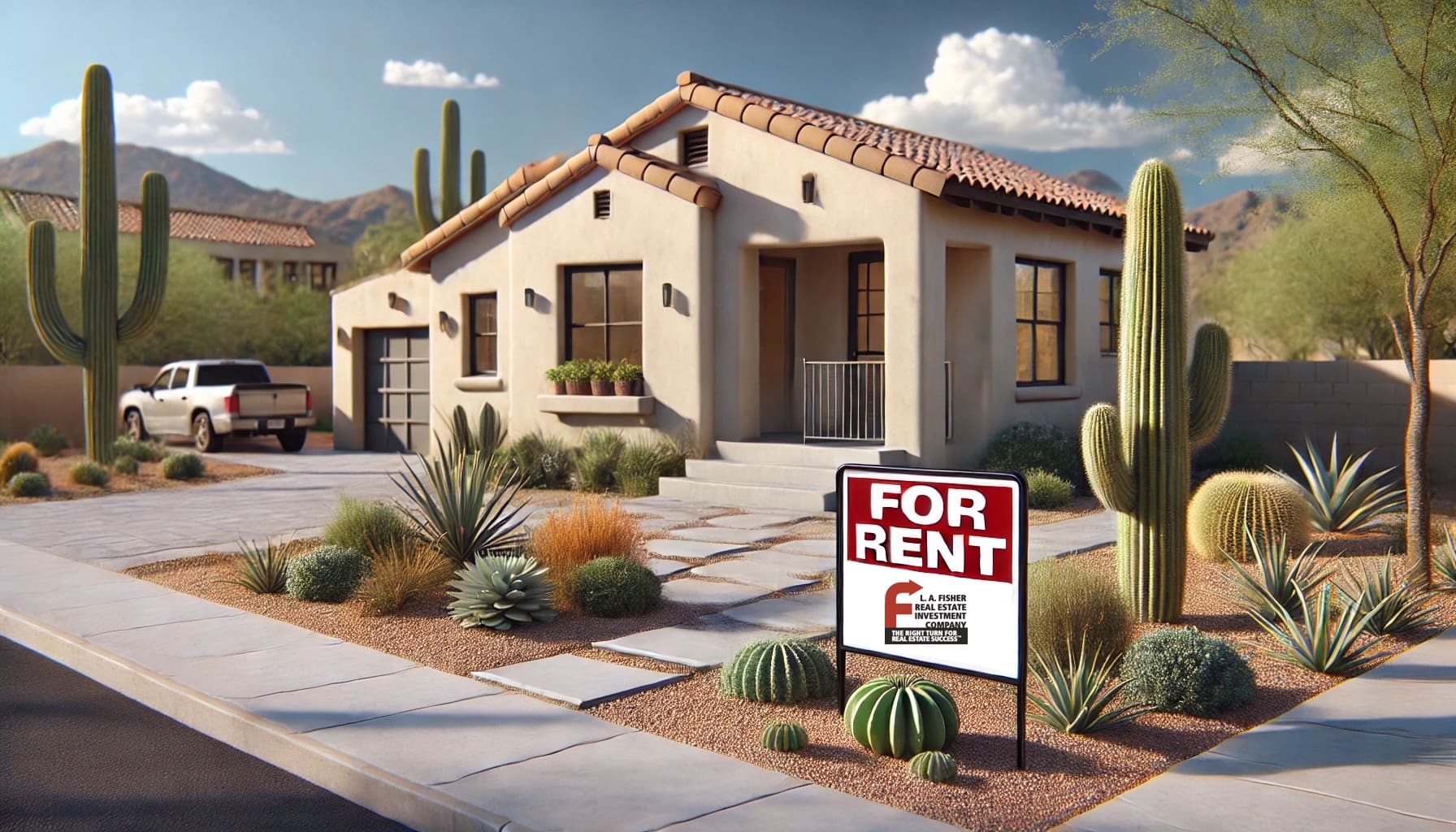As short-term rentals (STRs) become increasingly popular across the country, Phoenix has emerged as one of the top cities for both hosts and visitors. With its sunny weather, vibrant culture, and a plethora of outdoor activities, Phoenix offers a compelling destination for tourists and a promising market for real estate investors. However, STRs have sparked debates within the local community, as they present both opportunities and challenges. This article explores the advantages and drawbacks of short-term rentals in Phoenix.
Advantages of Short-Term Rentals in Phoenix
- Higher Income Potential for Owners
Compared to traditional long-term rentals, STRs often generate higher income. With Phoenix’s thriving tourism industry, hosts can charge premium rates during peak seasons, such as spring training for MLB, golf tournaments, and the winter months when many snowbirds flock to Arizona. For investors, this means potentially higher returns on investment. - Boost to the Local Economy
Short-term rentals contribute significantly to the local economy. Visitors who stay in STRs tend to spend money at nearby restaurants, shops, and attractions, which supports small businesses and creates jobs. Additionally, STR owners often employ local cleaning and maintenance services, further stimulating the economy. - Flexibility for Property Owners
STRs offer flexibility that traditional rentals do not. Property owners can block off dates for personal use or to accommodate friends and family, which wouldn’t be possible with a long-term tenant. This is particularly appealing for homeowners who want to maintain occasional use of their properties. - Increased Property Values
The popularity of STRs has the potential to increase property values in certain neighborhoods. Areas with a high concentration of STRs often see increased real estate activity, and the demand from investors can lead to appreciation in property values.
Drawbacks of Short-Term Rentals in Phoenix
- Impact on Housing Affordability
A significant criticism of STRs is that they reduce the availability of long-term rental housing. With investors purchasing properties specifically for short-term use, locals may find it harder to secure affordable long-term housing. This dynamic can contribute to rising rents and housing shortages. - Community Disruption
STRs can disrupt the sense of community within residential neighborhoods. Frequent turnover of guests as well as potential parties and increased noise are common concerns among residents. In some cases, STRs may lead to a loss of neighborhood character and a decrease in permanent residency. - Regulation and Compliance Challenges
As the number of STRs has grown, so has the complexity of local regulations. Phoenix has implemented rules to manage the proliferation of STRs, including registration requirements, tax collection, and limitations on usage. Navigating these regulations can be a challenge for owners, and failure to comply can result in fines or forced closure. - Increased Competition
The success of STRs has led to a saturated market in some parts of Phoenix. With more properties available, hosts face stiff competition and may need to invest more in amenities and marketing to stand out. This increased competition can drive down nightly rates and reduce profitability. - Potential for Regulatory Changes
The future of STRs in Phoenix is uncertain due to ongoing regulatory discussions. If local or state governments decide to impose stricter rules or limitations, property owners could face significant changes in their ability to operate STRs. This potential risk adds a layer of uncertainty to the investment.
Short-Term Rentals in Phoenix: Evaluating Their Advantages and Drawbacks
Short-term rentals in Phoenix are here to stay and the debate will continue into the future. For some, STRs are an attractive investment opportunity that provides valuable income and flexibility. For others, they represent a growing concern for housing affordability and community cohesion. As Phoenix continues to grow and evolve, the role of short-term rentals will remain a topic of discussion among residents, investors, and policymakers alike.
Ultimately, whether short-term rentals are a net positive or negative for Phoenix depends on one’s perspective. By evaluating the advantages and drawbacks, readers can form their own opinions on how STRs fit into the city’s broader real estate landscape and community dynamics.

